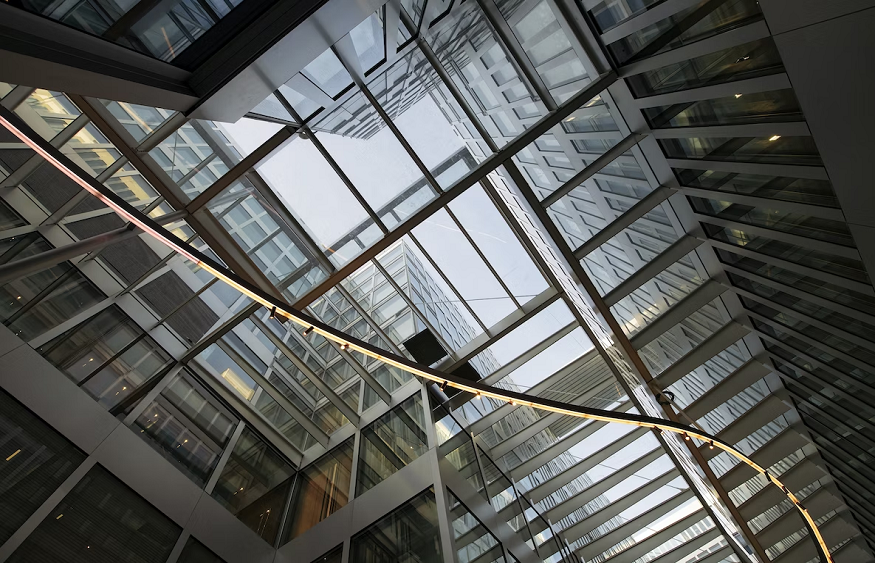
Revolutionising green infrastructure: Resin-bound paving for sustainable urban spaces
While resins are well known for their sticky, plasticky properties, there are also plenty of innovative uses of resins in paving too. These materials can be used to help create sustainable and aesthetically pleasing urban spaces, offering all sorts of benefits covering the environment, paving lifespan, and design versatility. If you’re an urban planner, architect, or simply an individual that’s interested in sustainable urban development, here’s everything you need to know about resin-bound paving.
What is resin-bound paving?
Resin-bound paving is a sustainable alternative to traditional pavement surfaces. Unlike traditional paving which is either formed out of concrete or bound purely with oil-based materials like bitumen, resin-bound paving is a mixture of stones and a UV-resistant resin binder.
To form the surface, the aggregate and resin are mixed prior thoroughly before they are laid. This makes resin-bound paving more durable than resin-bonded surfacing, in which a layer of resin is laid, upon which aggregate is scattered.
Resin-bound paving is particularly sought-after due to its excellent permeability, durability, and ability to enhance stormwater management. What’s more, for cities, it can be used to reduce the urban heat island effect, given that the surface is typically lighter-coloured than traditional bituminous paving solutions.
Resin-bound driveways and pathways: combining style and functionality
Resin-bound surfacing is a great choice for driveways and pathways. That’s because it can be used to create a smooth and visually appealing finish, all while featuring excellent slip resistance. Because binder and aggregate can be altered in a number of ways (using different coloured stones or a dye in the resin, for example), resin-bound is a sound option for drives and paths as it can accommodate various design options, thereby accommodating different architectural styles.
Urban green spaces: resin-bound surfaces for sustainable landscaping
Creating enjoyable and beneficial urban green spaces, such as parks, plazas, and communal areas, is a crucial task for urban planners, and resin-bound surfaces can help here too. With resin, cities can benefit from improved water infiltration, reducing storm overflow and flooding. Resin-bound surfaces can also support tree growth too due to their permeability, and boost the accessibility and maintenance of recreational spaces.
Resin-bound tree pits: supporting urban tree health and growth
Resin-bound tree pits are an excellent choice for urban environments. Compared to covering the soil with concrete, bitumen or paving, resin can boost soil aeration and water permeability. Designed tough they are often a better choice compared to leaving the base of the tree uncovered, given the surface protects roots, removes the risk of soil compaction and loss, and over time retains the same smart aesthetic.
Resin-bound public spaces: enhancing pedestrian safety and accessibility
It’s crucial that pedestrians are kept safe when out and about, and with resin-bound paving planners can keep public spaces accessible and hazard-free. Used for walkways, plazas, and outdoor seating areas, resin offers a durable, low-maintenance, and slip-resistant surface.





